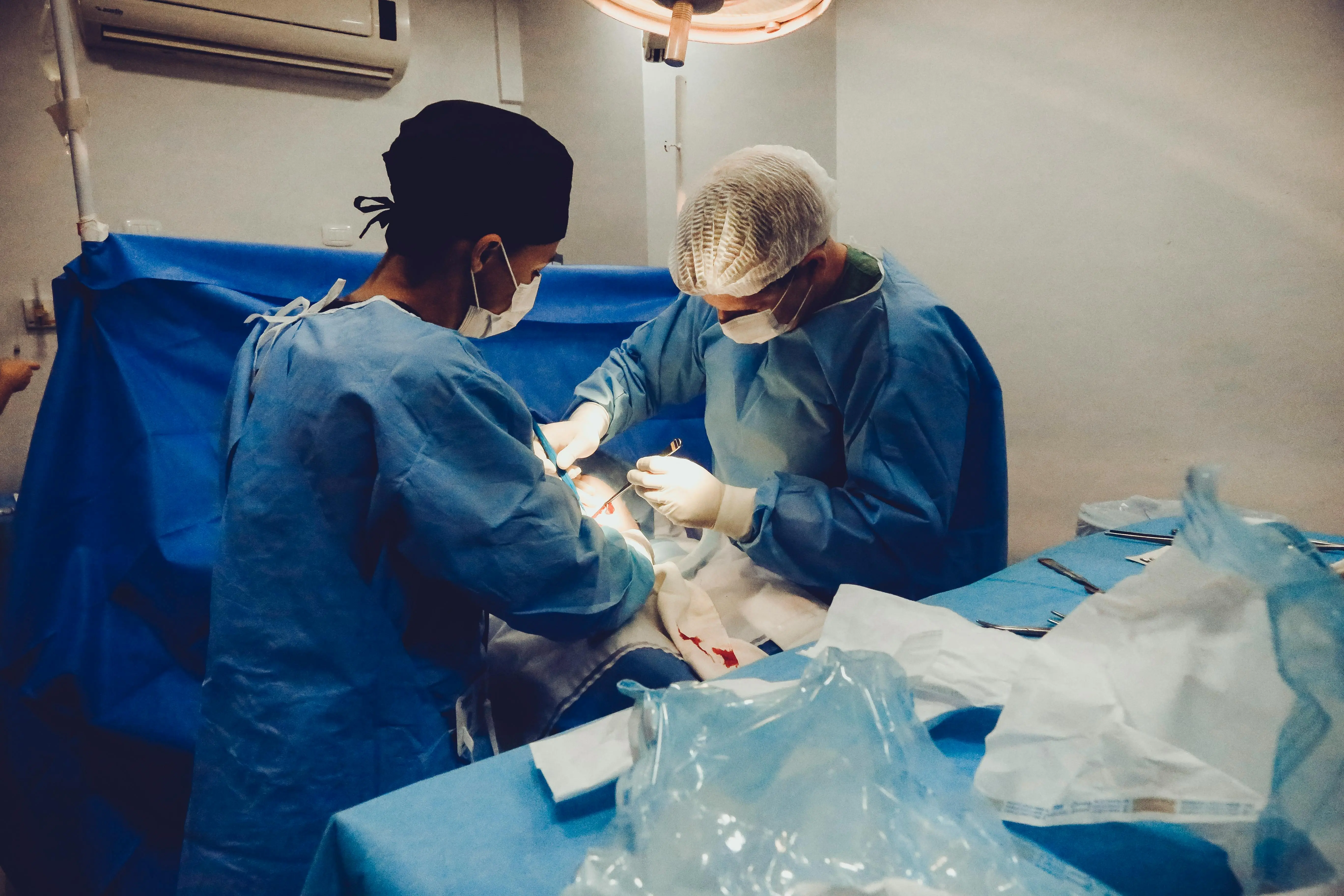Post operative care is essential for a smooth and successful recovery after surgery. Discover tips, techniques, and guidelines to ensure optimal healing.
Post
operative care is the management and support provided after surgery to ensure a smooth recovery process. According to the
World Health Organization (WHO),
20-25% of surgical patients experience complications, most of which can be prevented through proper post operative care. This guide offers practical, research-backed insights into recovery techniques, pain management, and preventing complications.
The Importance of Post Operative Care
Proper post operative care significantly impacts recovery outcomes, reducing complications and improving healing. Key benefits include:
Reduced Risk of Complications:
Effective care minimizes infections, blood clots, and respiratory issues, which are common in surgical recovery.
Faster Wound Healing:
Proper wound care accelerates healing and reduces scarring, enabling a quicker return to normal activities.
Pain Management:
Addressing pain with medications and non-pharmacological methods improves patient comfort and mobility.
Improved Long-Term Outcomes:
Patients who follow structured post operative care experience fewer long-term complications and better quality of life.
Pain Management After Surgery
Post operative pain can delay recovery if not managed effectively. The American Society of Anesthesiologists states that 80% of patients report post-surgical pain, but only 50% receive adequate pain relief. Strategies include:
Medications:
Doctors prescribe opioids, NSAIDs, or acetaminophen for post operative pain relief. Following prescribed doses is essential to avoid side effects.
Non-Pharmacological Techniques:
Ice packs, heat therapy, deep breathing exercises, and guided relaxation techniques help reduce pain naturally.
Physical Therapy:
Gentle stretching and mobility exercises under professional guidance improve pain management and recovery.
Wound Care and Infection Prevention
Proper wound care prevents infection and promotes healing. The Centers for Disease Control and Prevention (CDC) report that surgical site infections occur in 2-5% of surgical patients. Effective wound care involves:
Regular Cleaning and Dressing:
Follow your healthcare provider’s instructions for cleaning and changing dressings. Always use sterile materials and clean hands.
Monitoring for Infections:
Signs of infection include redness, swelling, warmth, discharge, or fever. Prompt medical attention ensures timely treatment.
Nutrition and Hydration for Healing
Nutrition and hydration play a pivotal role in recovery. Research highlights that
poor nutrition delays healing and increases the risk of complications. A recovery diet includes:
High-Protein Foods:
Protein aids tissue repair. Include eggs, lean meat, fish, lentils, and dairy in your meals.
Nutrient-Rich Vegetables and Fruits:
Vitamin C (found in citrus fruits) and zinc (in nuts and seeds) promote wound healing and immunity.
Adequate Hydration:
Drink at least 8-10 glasses of water daily to support bodily functions and prevent dehydration.
Physical Activity and Gradual Mobility
Mobility post surgery helps prevent complications like blood clots and muscle weakness. Studies reveal that early mobilization reduces recovery time by up to 30%. Key tips include:
Early Movement:
Light walking and movement improve blood flow, reducing the risk of deep vein thrombosis (DVT).
Customized Physical Therapy:
Working with a physical therapist helps restore strength and mobility without overexertion.
Psychological Support During Recovery
Post operative recovery isn’t only physical. Emotional well-being is critical for holistic healing. A study in the Journal of Psychosomatic Research found that patients with positive mental health recover faster and experience less pain. Support strategies include:
Counseling:
Professional counseling helps manage anxiety, depression, or stress post surgery.
Support Groups:
Connecting with others who’ve had similar surgeries provides emotional comfort and motivation.
Case Study: Successful Post Operative Recovery
A 55-year-old patient underwent knee replacement surgery and followed a structured post operative care plan. This included:
1. Pain management with NSAIDs and guided physiotherapy sessions.
2. Nutrient-dense diet focusing on protein and vitamins.
3. Gradual mobility exercises starting within 24 hours post surgery.
Results showed a 50% improvement in mobility within 2 weeks and full recovery within 3 months, highlighting the importance of personalized post operative care plans.
Conclusion
Post operative care is critical for a smooth and successful recovery following surgery. By focusing on pain management, wound care, nutrition, mobility, and mental health, patients can reduce complications and achieve faster healing. Always consult your healthcare provider for personalized care plans, and adhere to post operative instructions to ensure the best recovery outcomes.
Dedicated Elderly Support by HealthOK Global
HealthOK Global offers comprehensive elderly care services to ensure the dignity and safety of seniors. Our expert caregivers provide personalized support, from routine health checks to emotional well-being assistance. Contact our FREE 24 x 7 Healthcare Helpline at
+91-8047190955 for immediate support and assistance.
Follow Us on Social Media for Latest Updates!
Stay connected with us and never miss an update by following us on social media! Our social channels are the perfect place to get the latest news, expert tips, and exclusive insights tailored just for you. Whether you're looking for health advice, product updates, or inspiring stories, we’ve got it all. Join our growing community on platforms like
Whatsapp Facebook ,
LinkedIn and
Instagram and be part of the conversation. Click the follow button today and stay informed, inspired, and engaged—right at your fingertips!






